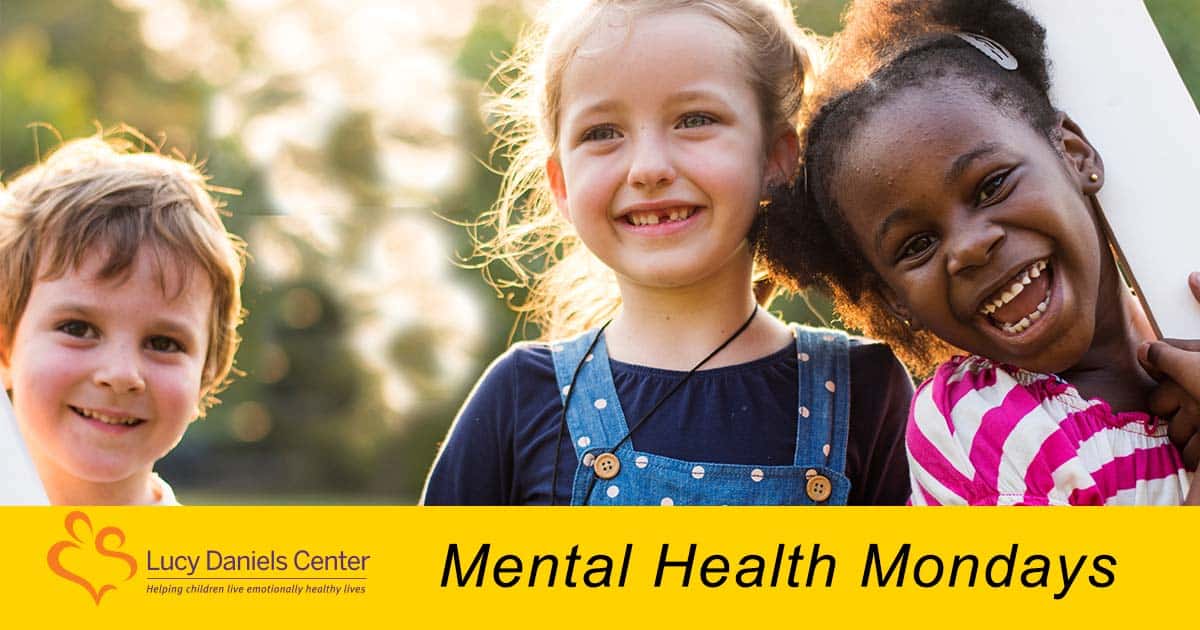Mental Health Mondays
Welcoming a Pet into Your Family
With the right amount of forethought and planning, adopting a pet into your family can be an enriching and rewarding experience for you and your children. Making the decision to do so will depend on a variety of factors, from the type of pet that fits with your family’s lifestyle to the various ages and needs of your children. There has been much research on the social and emotional benefits of the relationships children share with their pets. In this week’s article, we will focus on the developmental rewards of pet ownership and the expectations parents can set for children of different ages.
Pets and Children under the Age of Three
Children under the age of three have not yet developed a capacity to think and act outside of their own needs. Developmentally, this is not an ideal time to introduce new pets into your family. If you already have a family pet, adult supervision is critical to ensuring the safety of both your child and your pet(s). As your child grows into toddlerhood, you can help him develop self-control and respect for boundaries by setting clear limits on how he may or may not handle the pet.
Pets and Children Ages Three to Six
Around the age of three, children gradually become interested in their own self-care and begin to develop an understanding that people and animals are all separate beings, each with their own feelings. This can be a good time to help children begin to learn about caring for and nurturing animals. Children of this age can be included in some of the responsibilities of pet ownership, such as helping out with feeding and caring for the pet’s habitat. This is also an ideal time to talk about reading and understanding cues through body language. For example, you can describe animals’ feelings based on your observations of their body language (“Her tail is down and her ears are back. Something must have worried her.”). Doing so opens up conversations about the cause and effect of experiences and reactions and, more importantly, can aid in a child’s ability to recognize, understand, and label their own feelings.
Pets and Children over the Age of Six
Children over the age of six can gradually take on more responsibility with pet care. What was once “helping out” can become a part of your child’s daily or weekly responsibilities. Conversations about feelings and the development of empathy for other living creatures continue to grow and evolve over time in this age group. Depending on the type of pet you have, the relationship your child shares with it can take new shapes as he grows older; pets can become reliable companions to children as they approach and enter adolescence.
The Life and Death of a Pet
The life of a pet will ultimately come to an end, and therefore welcoming a pet into your family means that you will one day have to help your child through the experience of the death of a pet. There are helpful children’s books (such as Fred Rogers’ When a Pet Dies and Judith Viorst’s The Tenth Good Thing about Barney) on this difficult topic. As painful as the death of a pet can be, the experience can provide you with valuable opportunities to help your child identify and understand feelings that accompany loss and letting go.
As you think about adding a pet to your family, consider your children’s ages and developmental levels and specifically whether they are ready to handle the adjustments and responsibilities that come with a family pet. When adopting a pet is done at the right time and with the right amount of support for all family members, it can provide valuable experiences and lessons about respect, responsibility, relationships, feelings, and empathy.
Lucy Daniels School is an emotionally safe and supportive learning environment for children preschool-5th grade. Lucy Daniels School provides an alternative choice in our therapeutic school for children who struggle emotionally and academically in a mainstream school environment. At the Lucy Daniels School, each child’s education and therapeutic program is carefully tailored to his or her needs and strengths. Parents meet regularly with a parent guidance counselor. This collaborative approach helps children progress socially and academically to become successful and competent learners.

